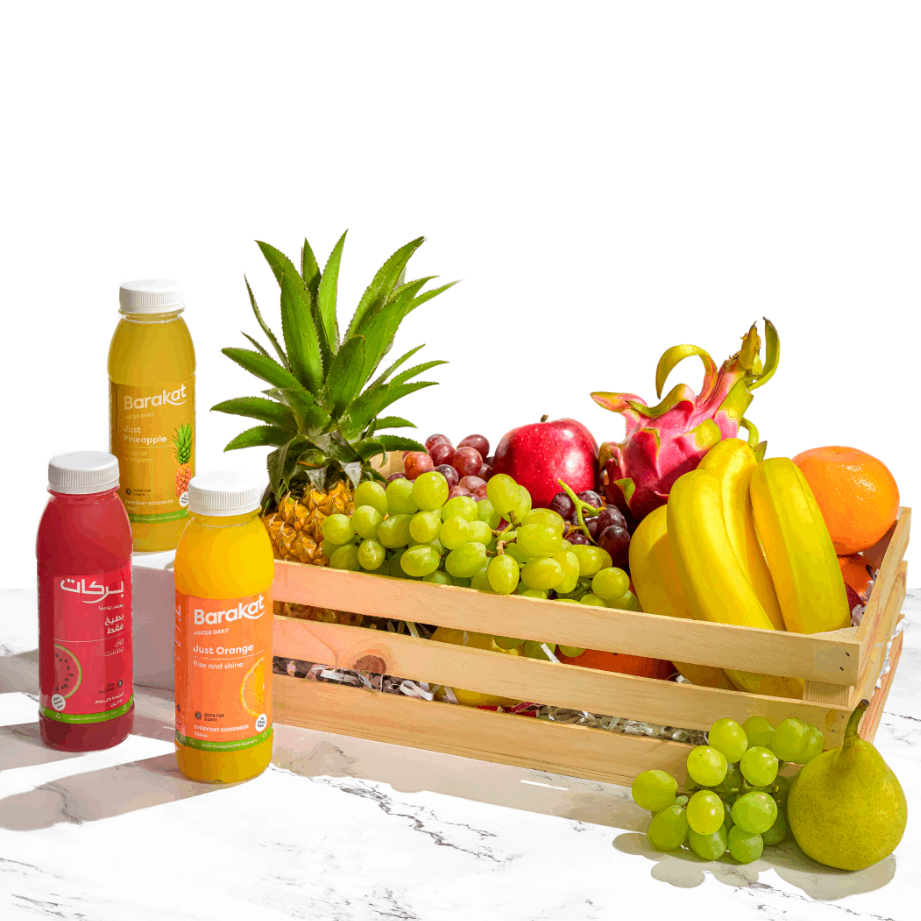Beginning a diet that cuts calories is a deliberate decision to live a better lifestyle, and having a well-stocked pantry might be your biggest ally in reaching your weight reduction objectives. Smart pantry tricks focus on making mindful decisions, maximizing nutritional content, and making sure that every calorie contributes to your overall well being. Since you must have zero knowledge about pantry hacks, we are going to guide you on how to maximize a calorie-deficit diet with better food selections and organizing skills; let’s go!

1. Calorie Density Awareness:
The concept of calorie density can change your strategy for your pantry radically. Calorie-dense foods have a high number of calories per unit volume, while low-calorie-dense foods are in large volumes with the same number of calories. Conscious pantry selections should encourage low-calorie dense options such as leafy greens, calciferous vegetables, fruit like orange, and broth-based soups, which allow for filling up on nutritious foods before reaching calorie limits.
2. Superfood Inclusions:
Broccoli, kale, etc., are superfoods that enhance the nutritional value of your pantry with their richness of vitamins, minerals, and antioxidants, thereby providing various health benefits. These include chia seeds, flaxseeds, goji berries, and spirulina, among others, all of which are perfect options. More importantly, adding these superfoods as a sprinkle to meals or incorporating them into smoothies increases nutritional value with limited effect on calories.
3. Strategic Use of Fats:
Introducing fats is packing a lot of calories, but in fact, they are an absolute necessity for satiety and taste. Choose the ‘good’ fats – avocados, nuts, and olive oil. The pantry staples discussed above can be used in a planned manner for taste modification and satiety promotion. Healthy fats are positive; they just have to be used moderately and with the purpose in mind that you never end up with more calories than allowable.
4. Smart Carb Choices:
Some carb sources are vilified in the context of weight loss, but it all depends on smart choices. The complexes that come along with whole grains like quinoa, and likewise barley, present various benefits such as durable energy and a sensation of satiety. Store these options in your pantry and use alternatives such as cauliflower rice or tabbouleh (parsley with bulgur wheat salad) for a low-calorie variation on the conventional carb intake.
5. Functional Condiments:
The presence of a condiment can act as both a flavor enhancer and a silent contributor to the calorie count exceeding its allotted value. Opt for functional condiments that contribute flavor to your eggplant curry without infringing your caloric strategy. The diet mustard, hot sauce, balsamic vinegar, and herbs may be powerful friends for the taste.
6. Bulk Buying of Staples:
Planning is fundamental to achieving a calorie deficit. Peruse about purchasing pantry staples in large volumes, for example, the quinoa lentils and the wholesome cereals. The larger quantities mean that there will be cost savings and also enable you to purchase nutritional alternatives instead. However, it would help if you kept in mind that the appropriate storage conditions are necessary to keep your bulk purchases fresh and of good quality.
7. Intelligent Snack Organization:
When it comes to calorie-deficit diets, snacking can be a trap, but with careful planning, it can also present a chance for wise decisions. Make a special space in your cabinet for wholesome, portion-controlled snacks. Snacks like dried seaweed, air-popped popcorn, and almonds are great choices. It is easy to avoid reaching for less healthful options when hunger arises when these healthy foods are easily accessible.
8. Mindful Label Reading:
You are what or what you eat, and making the most of a calorie-deficit diet requires you to be a discerning consumer. Start building the habit of reading food labels not only regarding the amount of calories but also the serving size, added sugars, and nutritional value. The knowledge of the labels allows you to make decisions that enable you to choose products that match your health targets.
9. Hydration Assistance:
The best and most important ally in a calorie deficit is the water. Ramp up your hydration game with herbal teas and naturally flavored water enhancers during your pantry overhaul. Staying hydrated not only ensures good health but also helps manage hunger and avoid mindless munching.
10. Meal Prep Mastery:
Meal prep is the ultimate level of smart pantry hacks. Make time to plan the parts of your meal a week. Prepare vegetables, marinate proteins and portion snacks. A well-stocked, readied pantry makes it simpler to build healthy meals, uncovering the attraction of less healthy, fast options.
11. Educate Yourself on Macronutrients:
If you are good at pantry optimization, then you should increase the level of this optimization by learning something about the macronutrients. The knowledge of carbohydrates, proteins, and fats balance enables you to modify your pantry choices to suit your dietary preferences.
Mastering smart pantry hacks for a calorie-deficit diet involves a holistic approach that goes beyond mere calorie counting. The pantry becomes not just a storage space, but a curated selection of tools that empower you on your journey to a healthier, more balanced lifestyle.